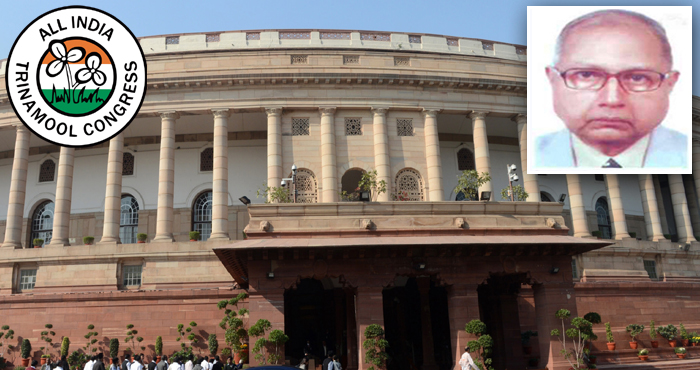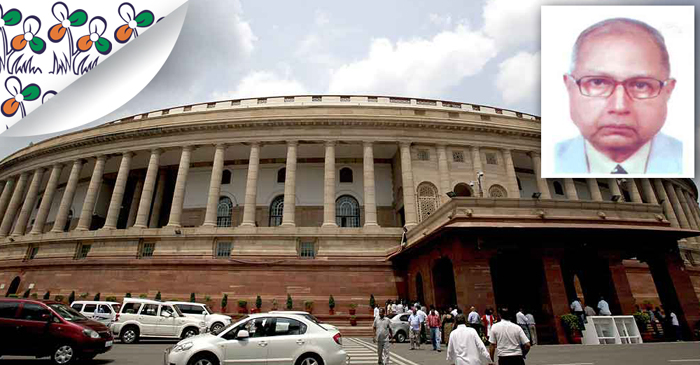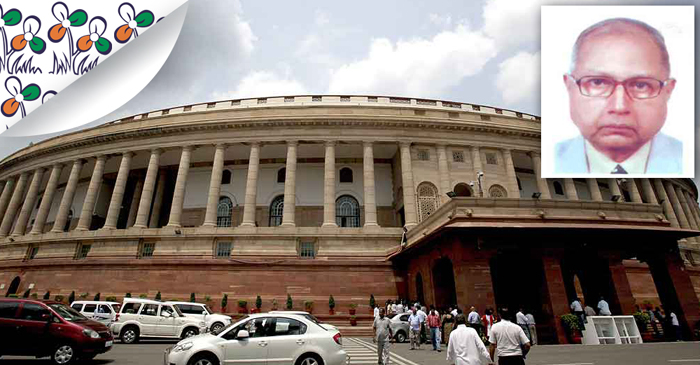FULL TRANSCRIPT
India is a leading maritime nation and has a coastline stretching to around 7500 km. Maritime transportation caters to about 95% of its merchandise trade volume and 68% in terms of value.
This Bill seeks to repeal colonial legislations in force under Article 372 of the Constitution of India, namely:
(a) Admiralty Court Act, 1840,
(b) Admiralty Court Act, 1861,
(c) Colonial Courts of Admiralty Act, 1890,
(d) Colonial Courts of Admiralty (India) Act, 1891, and
(e) the provisions of the Letters Patent, 1865, applicable to the admiralty jurisdiction of the Bombay, Calcutta and Madras High Courts
This is a welcome move. These legislations came into force during the colonial era when India had only three major ports — Bombay, Calcutta and Madras. Now there are 12 major ports and 205 minor ports in India. Thus, it was the need of the hour to repeal such archaic laws. However, I must point out that the Supreme Court had suggested this in 1992, and it took us 25 years to finally take cognizance.
Firstly, I would like to talk about jurisdiction – The Bill states that jurisdiction in respect of all maritime claims under this Act shall vest in the respective High Courts and be exercisable over the waters up to and including the territorial waters of their respective jurisdictions in accordance with the provisions contained in this Act.
It further adds that Central Government may by notification, extend the jurisdiction of the High Court up to the limit as defined in section 2 of the Territorial Waters, Continental Shelf, Exclusive Economic Zone and Other Maritime Zones Act, 1976.
Sir, this is rather ambiguous and may lead to disputes with States. For this to be effective, the jurisdiction of territorial waters needs to be clearly demarcated through the use of modern technology such as satellite mapping, geospatial mapping, etc.
Here, let me point out that, West Bengal had a territorial water dispute with Odisha. However, the two Chief Ministers of the States had a discussion and solved the issue amicably.
Secondly sir, the High Courts have been given power to adjudicate on such matters, but it is a reality that High Courts across the country are overburdened with the number of cases before them for dispensation. The latest data released by the Ministry of Law and Justice reveals that as of December 2014, there are 3116492 civil cases and 1037465 criminal cases pending in High Courts.
We can safely assume that the number has gone up in the last three years. A major cause of this is that the High Courts are not running to their full strength. Thus, we need to ensure that all vacancies of judges in High Courts are fulfilled to ensure speedy dispensation of cases.
It is also important to look into the environmental aspect and ensure that in case of accidents releasing harmful toxic pollutants, we have a system in place to ensure speedy action. I would like to end by saying that this Bill was long pending and we welcome it.




